
All BUSS® clinical work uses before and after measures to review efficacy. These include the BUSS® screening tool, Strength and Difficulties Questionnaires, Goal Based Outcomes and children’s human figure drawings.
As an innovative methodology, we are keen to develop research around BUSS®. As such, we’ll usually ask if you’re happy to be involved in any research programmes that are being undertaken at that point. A decision to participate or not to participate has no bearing on treatment.
An Evaluation of Applying the BUSS® Model in Education:
2024/25, Rosie Hatton, Clinical Psychologist in Training at the University of Leeds, is undertaking a Service Evaluation Project (SEP) on the pilot of BUSS® in Education at Grimes Dyke Primary School.
A Quantitative Evaluation of the impact of the BUSS® Model for children and their families who have been through the clinical intervention:
2024/25, Emily Glover-Humphrey, Clinical Psychologist in Training at the University of Leeds, is undertaking a Service Evaluation Project (SEP) looking at the outcome measures of BUSS® as a clinical intervention.
An Evaluation of the BUSS in Early Years LEAPlets® Group Programmes running across Ireland:
An ongoing research collaboration in partnership with Trinity College Dublin, the Irish Foster Care Association (IFCA) and TUSLA, funded by the ‘What Works’ research grant. The project aims to evaluate a series of BUSS in Early Years LEAPlets® groups that are running across Ireland.
2018/2019, Katherine Grindheim, Second Year Clinical Psychologist in Training at Leeds University – Service Evaluation Project entitled: ‘The BUSS® Programme – an evaluation of the experience of foster carers and social workers.’
In this project, Kat used a qualitative methodology to explore the participants’ experiences of the BUSS® programme. These were face-to-face interviews with 5 foster carers and 5 Social Workers working in the Therapeutic Social Work team in Leeds where the intervention was being delivered.
Key themes that emerged from the project were:
The full evaluation project is available here.
2020, Harriet Haslam, Senior Practitioner, Social Work, as part of a Masters at University of Huddersfield – Innovations in Professional Practice, undertook a study entitled: ‘An exploratory study of the impact of the BUSS® model on the therapeutic skills set of carers.‘
In this study, 4 foster carers who had completed the BUSS® intervention with the children they were caring for were interviewed. The findings of this research were that participation in BUSS® enabled the carers to better understand the neurosequential impact of trauma, which in turn improved their ability to interpret the physical and emotional presentation of the children, leading to more attuned caregiving. A key component in this was the carers role as the main agents of change in the intervention, which strengthened the carer–child relationship and increased the foster carers’ feelings of self-esteem, because they could see tangible changes and link these to the work that they’d been doing.
2021, Chloe Robinson – Third Year Clinical Psychologist in Training, at the University of Hull undertook her doctoral thesis entitled: ‘Learning from adoptive families: What are their experiences of children’s development and the support they receive?‘
Results were divided into 4 key themes:
Working with 10 adoptive families who had been through the BUSS® programme. The full dissertation is available here.
2021, Natalie Jones, Second Year Clinical Psychologist in Training at the University of Leeds, undertook a Service Evaluation Project (SEP) over one year, entitled: ‘An evaluation of the LEAPlets® programme an interagency school readiness programme for children who are looked after based on the BUSS® model.‘
In this project, Nat interviewed 8 foster carers, all of whom were carers for children aged between 3 and 5 years old. Nat used a qualitative methodology, and grouped findings into 3 themes:
Another theme that emerged from this SEP was carers wanting to know more and wanting to be able to carry on the work at home in a way that was more targeted to their individual child. Therefore, as a result of this SEP, we arranged to write programmes for carers and children to carry on at home.
The full evaluation project is available here.
2022, Danielle Smith, Second Year Clinical Psychologist in Training at the University of Leeds, undertook a one-year Service Evaluation Project (SEP) on the BUSS® group for new adopters and their children.
This study used a qualitative design involving semi-structured interviews with 7 adoptive parents who had attended the Early Years BUSS® group-work programme. Questions focused on parents’ experiences of the group, changes in their child / children’s sensorimotor systems, and the role of the BUSS® groups in early adoption family life.
The results showed that adopted children attending the BUSS® group experienced significant improvements in their sensorimotor systems and social and emotional development, had a mostly positive experience of the group, and felt the group was beneficial in early adoption family life.
Parents described several benefits of the BUSS® group for themselves, their children, and for their relationship with their children. 4 parents described that the group had helped develop their relationships with their children as it provided dedicated family time together each week, and opportunities for bonding and strengthening attachments. Parents also described how the group had been very validating for them in confirming their observations of their child/children’s sensorimotor difficulties, and how they had benefited from the acceptance and understanding of other adoptive parents in the group.
Valuable suggestions were also offered by participants on how to improve the group. These included providing brief explanations at the start of each activity to remind parents which areas / systems the activity is targeting, and providing explanations of how activities could be done at home.
The full evaluation project is available here.
By Laura Cothay (2025). Published on The Fostering Network’s website.
Click here to read the article in full.
Laura has over 15 years of experience working therapeutically with fostering families, and in this guest blog she explores why understanding the link between movement, touch, and emotional wellbeing is so crucial when caring for children and young people in care.
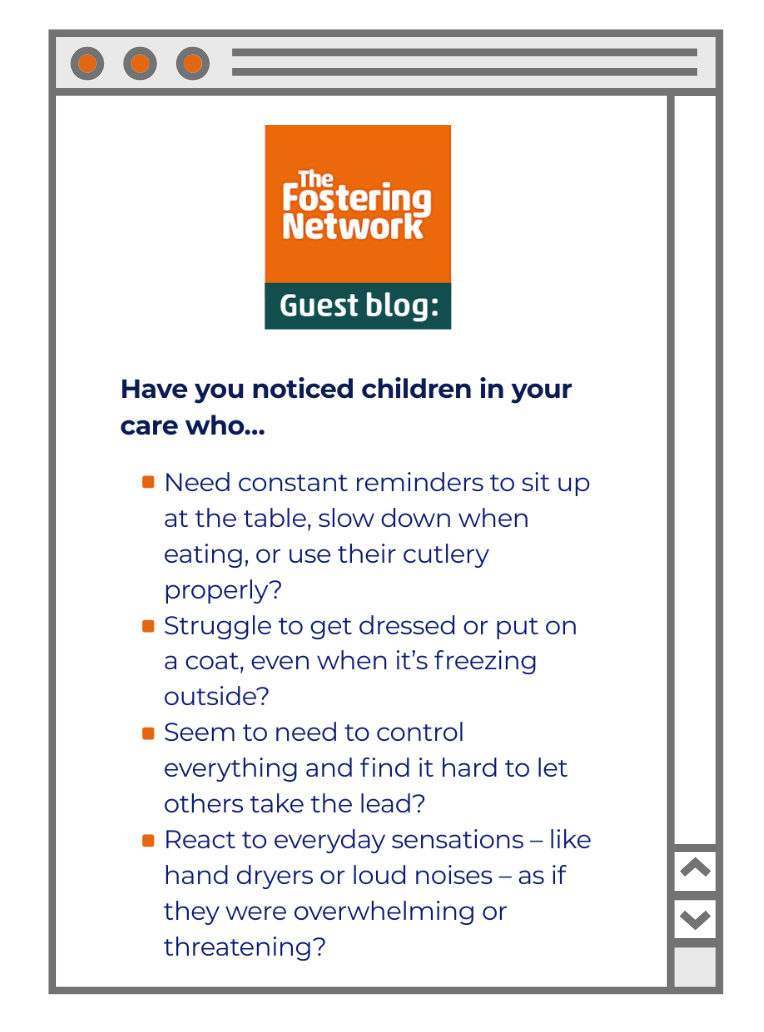
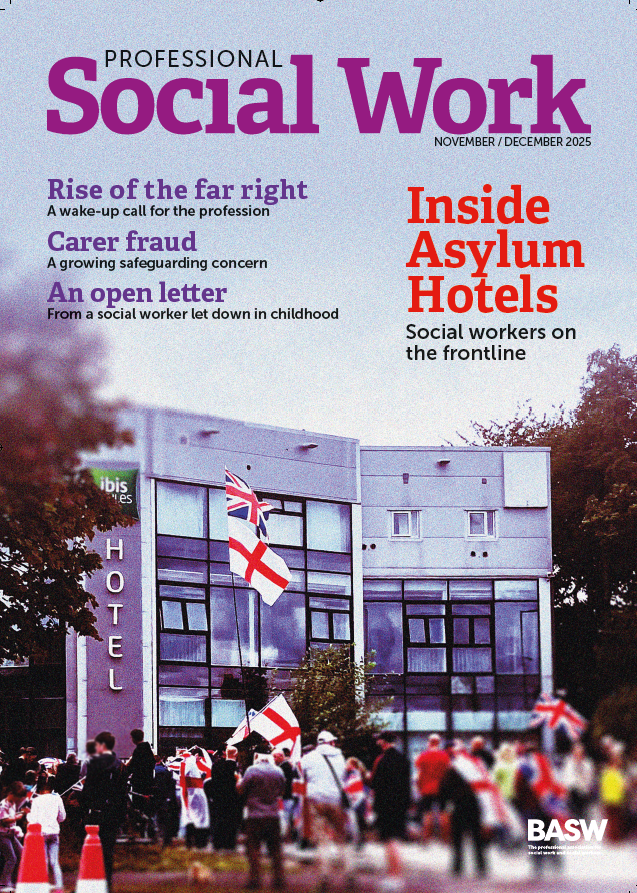
By Jo Robinson and Jenna Broome (2025). Published in BASW’s Professional Social Work Magazine.
Click here to download a copy of the article.
In this article, BUSS® Practitioners Jo Robinson and Jenna Broome consider how an understanding of disrupted development of the sensorimotor systems can help Social Workers in assessments.
By Katie Wrench (2025). Published in IFCA’s Foster Journal.
Click here to download a copy of the article.
The Irish Foster Care Association’s Journal, Foster, aims to inform IFCA members and those with an involvement in foster care of current issues in foster care and of developments in policy, practice, and research. Through ‘Foster’, IFCA seeks to make an important contribution to the world of fostering by helping to stimulate debate, discussion and development in the field (you can visit their website here for more information).
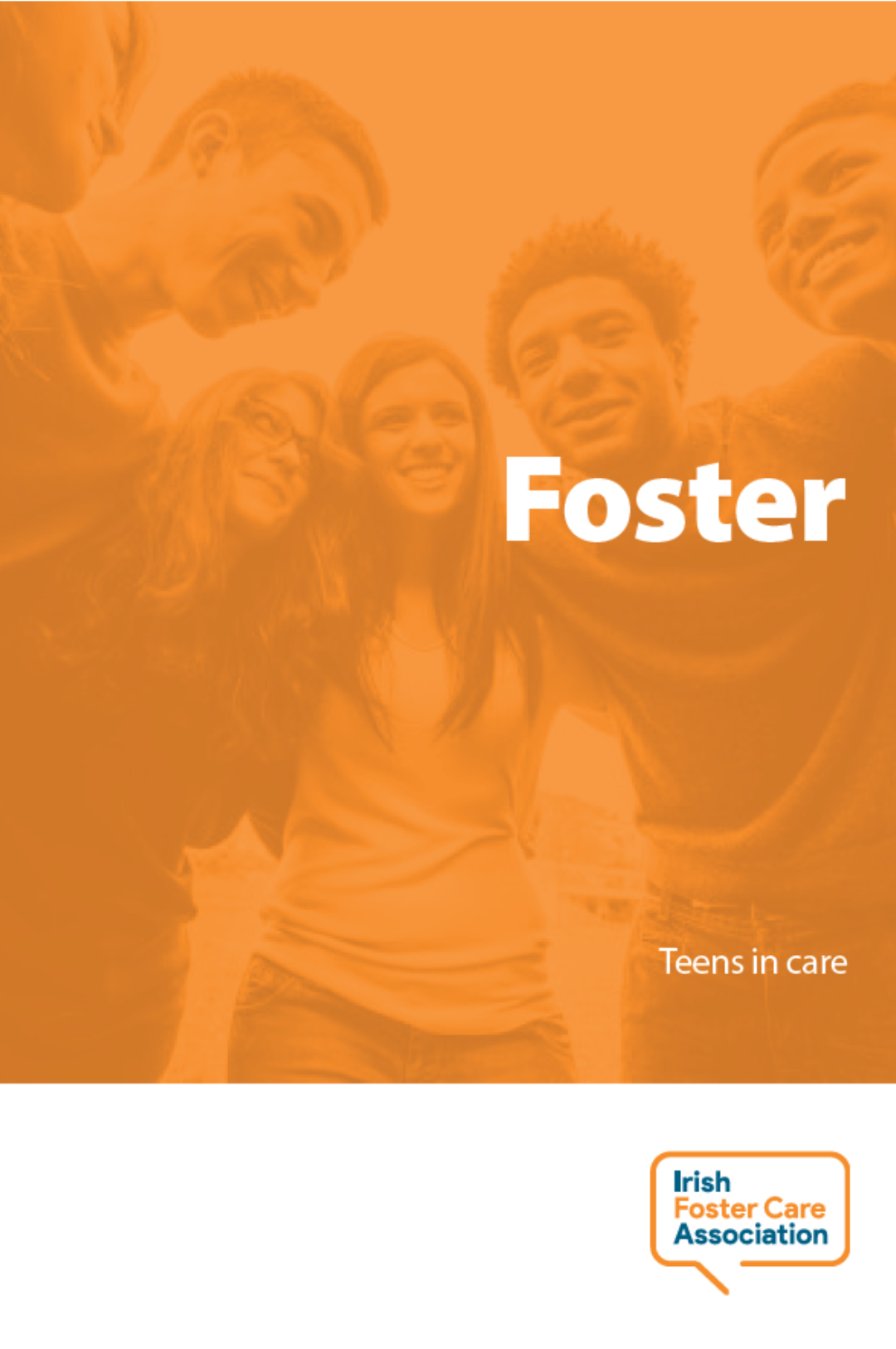

By Sarah Lloyd, Natalie Jones, and Danielle Smith (2024). Published in Adoption & Fostering.
https://doi.org/10.1177/03085759241298289
Adoption & Fostering is a quarterly peer reviewed journal which has been at the cutting edge of debate on childcare issues for over 50 years. As the official journal of the CoramBAAF Adoption & Fostering Academy, the UK’s leading adoption and fostering charity, the journal supports CoramBAAF’s aims of promoting the highest standards of practice in adoption, fostering and childcare services, to increase public understanding of the issues and to provide an independent voice for children and families, disseminating new research and practice developments, informing and influencing policy-makers, all those responsible for children and young people, and public opinion at large.
By Sarah Lloyd (2023). Published in Adoption & Fostering.
https://doi.org/10.1177/03085759231174902
Sarah has also joined the Adoption & Fostering Journal for ‘An Introduction to the BUSS® Model with Sarah Lloyd’, Episode 5 of their podcast.
You can listen here or listen on Spotify.
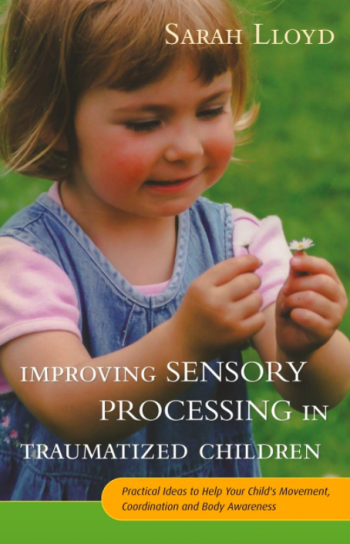
By Sarah Lloyd (2020).
This book provides a more in-depth understanding of the BUSS® model. Brian Rock, Dean of the Tavistock Clinic, wrote in the book’s foreword:
“She brings concepts and ideas together, drawing on what appear to be antithetical traditions, in the service of providing an accessible and effective set of interventions that make a real difference to people’s lives. Here there is much innovation and development for which we should be grateful.”
This can purchased from CairnsMoir, Amazon, or JKP Books.
By Sarah Lloyd (2016).
This is a good starting point in learning the model. It is written to be especially useful for foster carers, kinship carers, special guardians, and adoptive parents.
This can purchased from CairnsMoir, Amazon, or JKP Books.
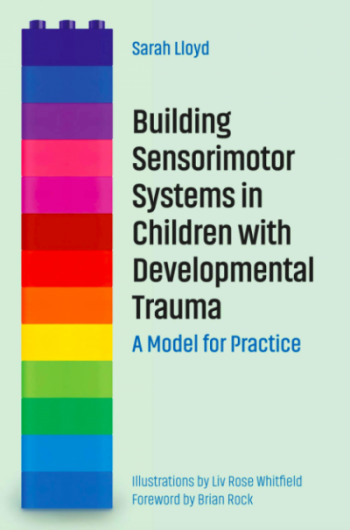
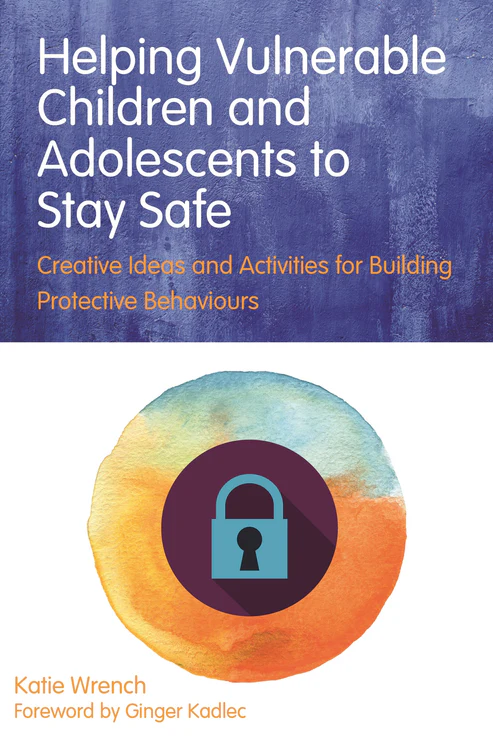
By Katie Wrench (2024).
Life Story Work allows care-experienced and adopted young people to understand their histories and come to terms with their feelings about the past. This accessible guide helps therapists and social care professionals to develop their skills to support children and families through their life story journey.
This can purchased from Blossom Social Care Training, Amazon, or JKP Books.
By Katie Wrench (2016).
Helping vulnerable children and young people to build protective behaviours is critical to keeping them safe. Full of creative ideas and activities, this guide provides the tools to help children develop these key skills.
This can purchased from Blossom Social Care Training, Amazon, or JKP Books.
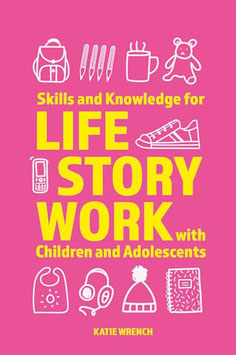
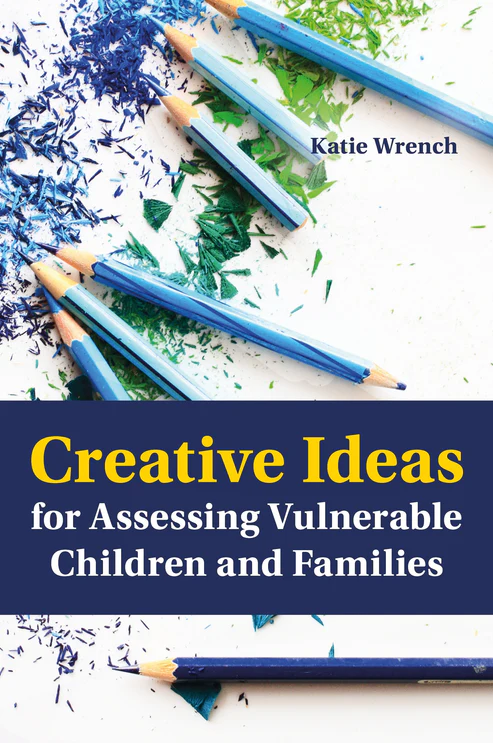
By Katie Wrench and Lesley Naylor (2013).
Life Story Work is one of the key therapeutic approaches to working with adopted or fostered children. While it sounds simple, there is much more to this work than producing photo albums or memory boxes for children. This accessible book is full of tried and tested activities and creative ideas for professionals, parents and carers who may have little time and few resources, but who need to carry out life story work that works for children.
This can purchased from Blossom Social Care Training, Amazon, or JKP Books.
By Katie Wrench (2018).
For the busy frontline practitioner with little time to plan ahead, this hands-on guide presents imaginative and unique methods to engage families and caregivers throughout the process of assessing vulnerable children.
This can purchased from Blossom Social Care Training, Amazon, or JKP Books.
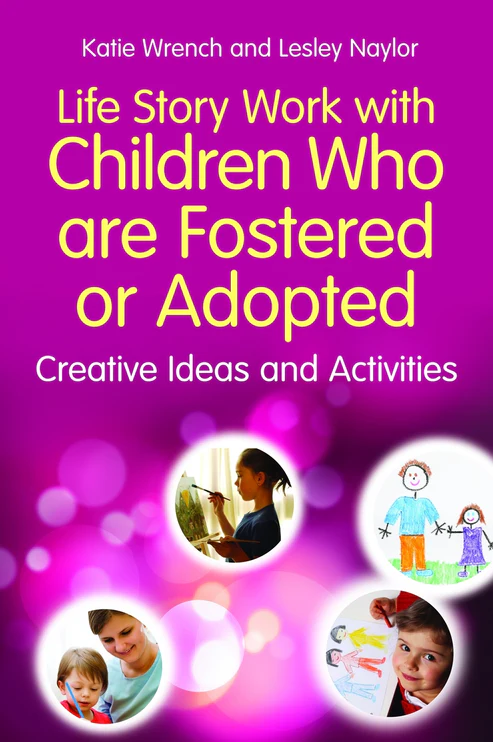
These resources all cover working with Developmental Trauma, Attachment, and Building Relationships, and may be of interest.
Norris, V and Lender, D. (2020). Theraplay: The Practitioner’s Guide. Jessica Kingsley Publishers.
Gerhardt, S. (2014). Why Love Matters: How Affection Shapes a Baby’s Brain. Routledge.
Golding, K. and Hughes, D. (2012). Creating Loving Attachments: Parenting with PACE to Nurture Confidence and Security in the Troubled Child. Jessica Kingsley Publishers.
Guerney, L. and Ryan, V. (2013). Group Filial Therapy: The Complete Guide to Teaching Parents to Play Therapeutically with their Children. Jessica Kingsley Publications.
Hughes, D. and Baylin, J. (2012). Brain – Based Parenting: The Science of Caregiving for Healthy Attachment. New York, NY: W.W. Norton & Co.
Hughes, D.A., Golding, K.S., Hudson, J. (2019). Healing Relational Trauma with Attachment Focused Interventions. WW Norton, NY and London.
Perry, B. (2006). The Boy Who Was Raised as a Dog. Basic Books.
Online Resources
In Brief: The Impact of Early Adversity on Children’s Development. This is a very readable overview, with picture and an accompanying video. Click here to access this.
The Beacon House website has a fantastic collection of resources, information and advice for children, families and schools.
The Beacon House video on the ‘Window Of Tolerance’ can be viewed here.
The Child Trauma Academy website has a lot of resources available.
They also have other resources, including videos, such as ‘The Human Brain’ videocast by Bruce Perry (2013) as part of their ‘SevenSlideSeries’. Click here to watch it.
Ruby Jo Walker has some excellent resources on her website, Southwest Trauma Training. The chart presenting Polyvagal Theory can be a really useful resource. Click here to access it.

Here are some resources to do with Child Development that might be useful. Firstly, here are some books:
Murray, L. and Andrews, L. (2000). The Social Baby. CP Publishing, Richmond, Surrey, UK.
Music, G. (2011). Nurturing Natures: Attachment and Children’s Emotional, Sociocultural and Brain Development. Psychology Press.
Sharma, A. and Cockerill, H. (2014). Mary Sheridan’s from Birth to Five Years: Children’s Developmental Progress. Routledge.
Tredgett, S. (2015). Learning through Movement in the Early Years. Critical Publishing.
Online Resources
There are some great websites developed by Children’s OTs, outlining ages and stages of development and with lots of useful links and ideas. These two can be especially useful: click here to access the ‘Mama OT’ blog and click here to access the ‘CanDoKiddo’ website.
‘The 1001 Critical Days’ website has some really good resources about early development. Click here to access it.

Training in Sensory Integration Therapy is open to Occupational Therapists and Physiotherapists. More information is available on the Sensory Integration website – www.sensoryintegration.org.uk. Most books about Sensory Integration describe sensory processing disorders and their treatment. If you are interested in finding out more about this, these books are popular and provide an introduction to the subject.
Ayres, Jean A. (2005). Sensory Integration and The Child (25th Anniversary Edition). Western Psychological Services.
Bhrethnach, E. and Bhrethnach, S. (2011). The Scared Gang. Alder Tree Press.
Kocsinski, C. (2017). Sensorimotor Interventions. Arlington, TX; Future Horizon Incorporated.
Lane, S.J. and Schaaf, R.C. (2010). Examining the Neuroscience Evidence for Sensory-Driven Neuroplasticity: Implications for Sensory-Based Occupational Therapy for Children and Adolescents. American Journal of Occupational Therapy, 64, 375-390. https://doi.org/10.5014/ajot.2010.09069

These are some books for younger children which are a combination of a great story and also have lots of animals in them – perfect for all that crawling, commando crawling and bear walking!
Campbell, R. (2010). Dear Zoo. MacMillan Publications.
Carle, E. (1994). The Very Hungry Caterpillar. Puffin Books.
Donaldson, J. (2017). The Gruffalo. MacMillan Publications.
Donaldson, J. (2018). The Snail and The Whale. MacMillan Publications.
Donaldson, J. (2017). A Squash and a Squeeze. MacMillan Publications.
Rose, M. (2015). We’re going on a Bear Hunt. Walker Books.
Voake, C. (2008). Ginger. Walker Books.

If you would like to search for anything on our website, please type here and click ‘search’